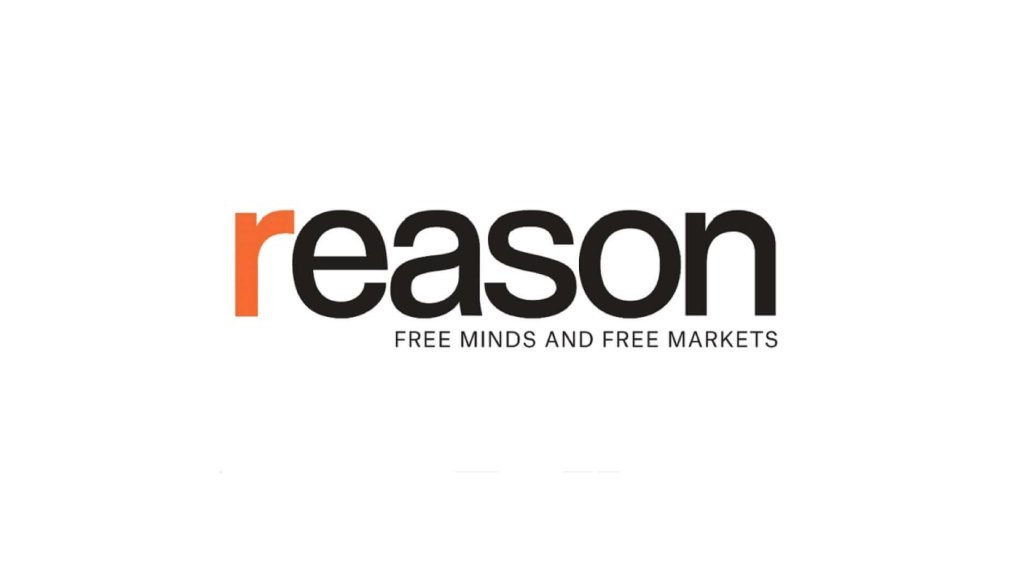Hiking Tariffs on Canada, Trump Demands ‘Adequate Steps’ To Achieve an Impossible Drug War Goal
On Thursday, President Donald Trump raised his general tariff on Canadian goods from 25 percent to 35 percent. Why? Something something fentanyl something. I will try to unpack that argument, but I warn you: The closer you look at it, the less sense it makes.
A few weeks after he was elected, Trump said he planned to “charge Mexico and Canada a 25% Tariff on ALL products coming into the United States.” He complained that “thousands of people are pouring through Mexico and Canada, bringing Crime and Drugs at levels never seen before.” He averred that “both Mexico and Canada have the absolute right and power to easily solve this long simmering problem” and warned that the 25 percent import tax “will remain in effect until such time as Drugs, in particular Fentanyl, and all Illegal Aliens stop this Invasion of our Country!”
The implication that Canada was largely responsible for illicit fentanyl trafficking was puzzling. “Canada is not known to be a major source of fentanyl, other synthetic opioids, or precursor chemicals to the United States,” a congressionally appointed commission noted in a 2022 report. In FY 2024, U.S. Customs and Border Protection seized 43 pounds of fentanyl at the northern border, compared to about 21,000 pounds at the southern border.
Trump’s contention that Mexico and Canada could “easily solve” the drug trafficking problem was equally dubious. For more than a century, politicians have been promising to “stop the flow” of illegal drugs, and they have never come close to achieving that goal—not for lack of trying, but because the economics of prohibition doom all such efforts.
Prohibition allows traffickers to earn a hefty risk premium that provides a strong incentive to find ways around any barriers that governments manage to erect. Drugs can be produced in many different places, and they can be smuggled into the country in a wide variety of ways. Any serious effort to prevent drugs from entering the United States would entail intolerable disruption of travel and trade, and it still would not succeed. That challenge is magnified in the case of a highly potent drug like fentanyl because large numbers of doses can be transported in small packages that are hard to detect.
Given that reality, Trump’s promise that his tariffs would “remain in effect” as long as fentanyl smuggling continued was tantamount to saying the tariffs would be permanent. But if so, they could not possibly serve their advertised function of pressuring Canada and Mexico to try harder.
On his first day in office, Trump issued an executive order that declared “a national emergency” involving drug trafficking by “cartels and other organizations.” He also issued a proclamation that described the influx of drugs and illegal aliens at the southern border as “a national emergency.”
On February 1, Trump extended the latter declaration to inclu
Article from Reason.com

The Reason Magazine website is a go-to destination for libertarians seeking cogent analysis, investigative reporting, and thought-provoking commentary. Championing the principles of individual freedom, limited government, and free markets, the site offers a diverse range of articles, videos, and podcasts that challenge conventional wisdom and advocate for libertarian solutions. Whether you’re interested in politics, culture, or technology, Reason provides a unique lens that prioritizes liberty and rational discourse. It’s an essential resource for those who value critical thinking and nuanced debate in the pursuit of a freer society.




